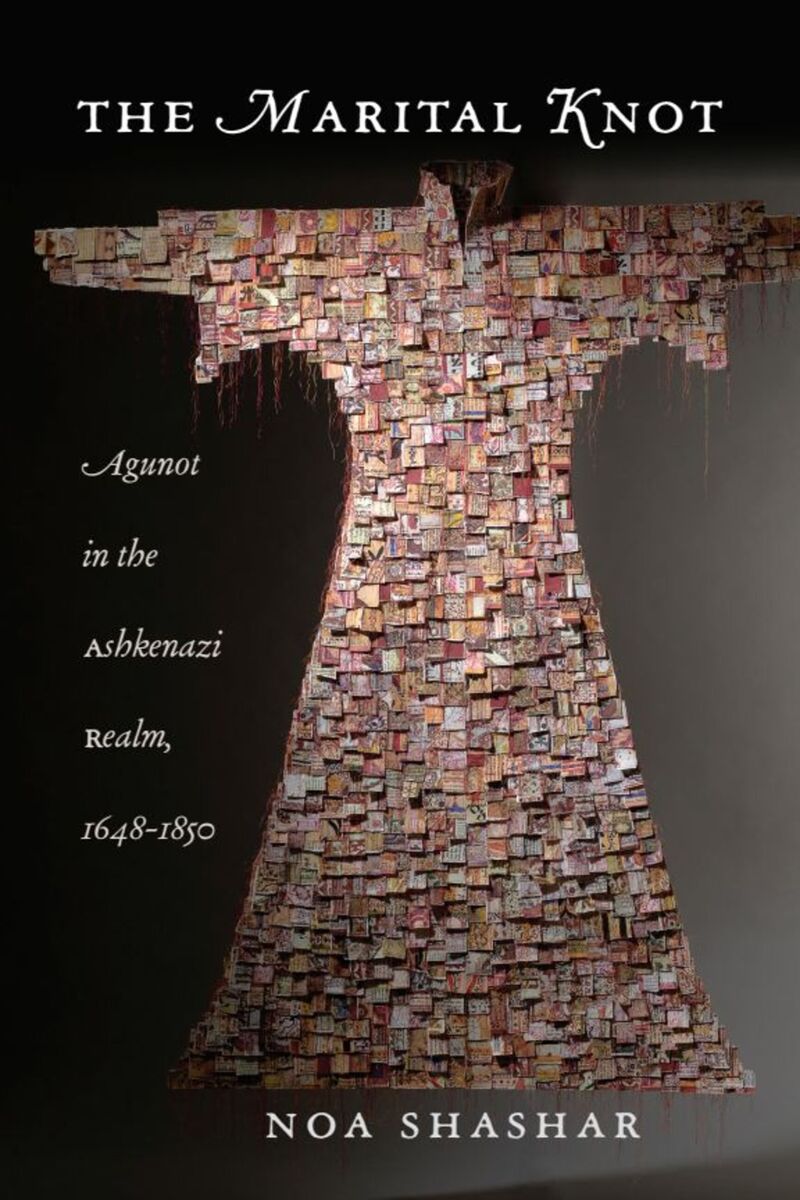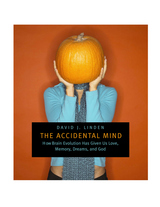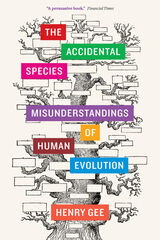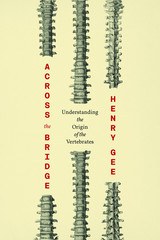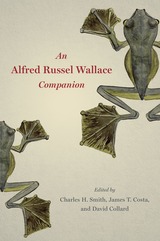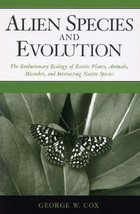The Marital Knot: Agunot in the Ashkenazi Realm, 1648–1850
Brandeis University Press, 2024
Cloth: 978-1-68458-241-9 | Paper: 978-1-68458-240-2 | eISBN: 978-1-68458-239-6
See other books on: History | Jewish | Religion | Sexuality & Gender Studies | Social History
See other titles from Brandeis University Press
Cloth: 978-1-68458-241-9 | Paper: 978-1-68458-240-2 | eISBN: 978-1-68458-239-6
ABOUT THIS BOOK | AUTHOR BIOGRAPHY | TOC
ABOUT THIS BOOK
A long overdue study of agunot based on exhaustive research in rabbinic sources, memoirs, and communal records.
Noa Shashar sheds light on Jewish family life in the early modern era and on the activity of rabbis whose Jewish legal rulings determined the fate of agunot, literally “chained women,” who were often considered a marginal group. Who were these men and women? How did Jewish society deal with the danger of a woman’s becoming an agunah? What kind of reality was imposed on women who found themselves agunot, and what could they do to extricate themselves from their plight? How did rabbinic decisors discharge their task during this period, and what were the outcomes given the fact that the agunot were dependent on the male rabbinic establishment?
This study describes the lives of agunot, and by reexamining the halakhic activity concerning agunot in this period, proposes a new assessment of the attitude that decisors displayed toward the freeing of agunot.
Noa Shashar sheds light on Jewish family life in the early modern era and on the activity of rabbis whose Jewish legal rulings determined the fate of agunot, literally “chained women,” who were often considered a marginal group. Who were these men and women? How did Jewish society deal with the danger of a woman’s becoming an agunah? What kind of reality was imposed on women who found themselves agunot, and what could they do to extricate themselves from their plight? How did rabbinic decisors discharge their task during this period, and what were the outcomes given the fact that the agunot were dependent on the male rabbinic establishment?
This study describes the lives of agunot, and by reexamining the halakhic activity concerning agunot in this period, proposes a new assessment of the attitude that decisors displayed toward the freeing of agunot.
See other books on: History | Jewish | Religion | Sexuality & Gender Studies | Social History
See other titles from Brandeis University Press
